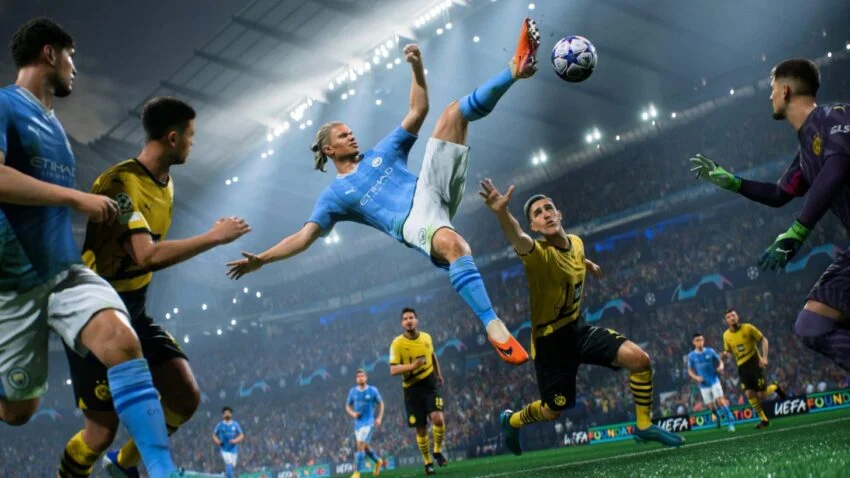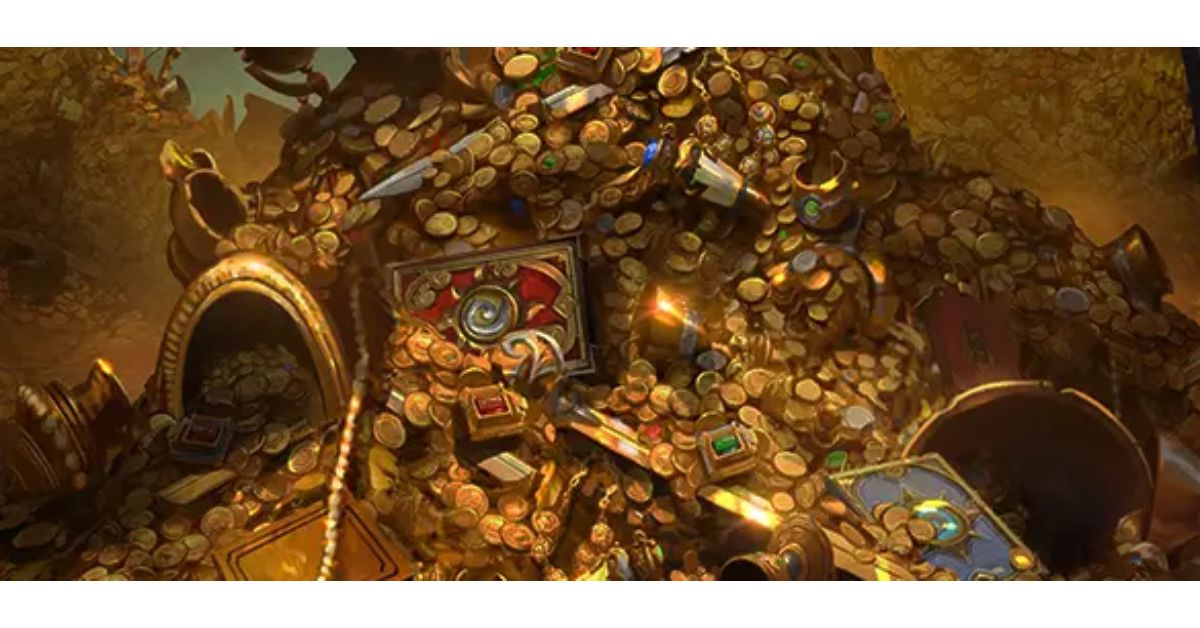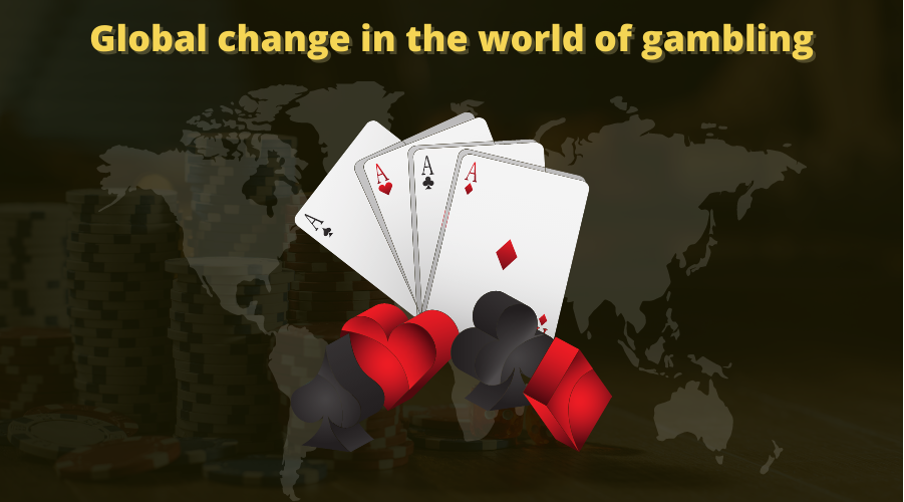There was a time when the idea of eSports becoming a serious endeavor seemed like a pipedream. Imagine lines of young kids wanting to grow up to play Call of Duty professionally, and it might not feel entirely out of place in some science fiction novels.
But here we are. eSports are a serious thing now. They’re loved the world over by hundreds of millions of people, and game developers are seriously including them in their marketing plans. Hell, it doesn’t take much to look at new games that were clearly made from the ground up with streamers and professionals in mind. The fact they didn’t take off was incidental.
This isn’t a bad thing. It brings more people into the industry. More people paying attention means more money. More money means better games. Or more games, anyway.
On the other hand, it takes a once grassroots set of games and turns them into something bigger and glitzier. Leaving behind the great unwashed is never good, and with gaming there’s a lot of unwashed to abandon.
Whatever our feelings on the changing face of the gaming industry, one thing is certain. Whether we like it or not, eSports are serious business.
The Humble Beginnings of eSports
Let’s not pretend that professional gaming is a new thing. At the loosest possible definition of professional, there have been people getting paid for playing games for decades. And even as you narrow that definition, it doesn’t take much to find people taking bets on gaming going back years. You could bet on CS:GO, and that’s not even where it started.
Big gaming events were around in the 80s and 90s. Competitions were run trying to search for the best Nintendo gamers, the best Sega games, the best at Space Invaders. This is not a new thing. These events were filled with crowds cheering on their favourite gaming heroes – even if they’d only just found out their names.
These were fantastic marketing opportunities for the games involved. You could advertise upcoming games and push merchandise. Meanwhile, you fostered a community spirit that ensured people would continue to buy your product for years to come. All in return for what was probably quite a lot of money.
It was the start of something new. In time, we got to E3. My first E3 was watched on some shady website because there was no official way to watch it. It was spotty, and I missed entire sections. It wasn’t long before it opened up to the wider community.
But that was only the beginning.
And Through It All…
After that, gaming as a spectacle grew and grew. eSports, likewise, grew alongside it.
But as our interest in online games and competitive multiplayer changed, developers began to make that their focus. In other words: some people began to get left behind.
It happened slowly at first, but it’s obvious in hindsight. Mostly gone are the mid-tier AA games that populated the PS2 era. We’re not interested in those anymore. Not collectively, anyway.
Instead we’re after playable blockbusters. Anything that falls below that will either be relatively minor – Danganronpa was massively successful as a series with a “mere” 5m units sold – or will fail. There are thankfully exceptions to the rule, but not as many as would be ideal. And that number becomes smaller and smaller each year.
A big way that developers have fought back against these changing tastes is to add a multiplayer component. Some of this is directly aimed at the eSports crowd. When the online version of The Last of Us returns in the coming years, you can bet it’ll be aimed at high level players. Sony even bought EVO.
eSports are bigger than ever and they’re going to continue to grow and grow. It’s an exciting time to be a fan, or to get involved. Overwatch and the like even let you watch stuff within the games themselves. It’s incredible.
But what will be the impact on single-player games if all this continues? How will the seriousness of eSports impact on the seriousness of the old-fashioned style of game we all grew up on?
Unfortunately, this is the sort of thing that only time will fully reveal. But at least we won’t have to wait too long to find out.










Leave a Reply